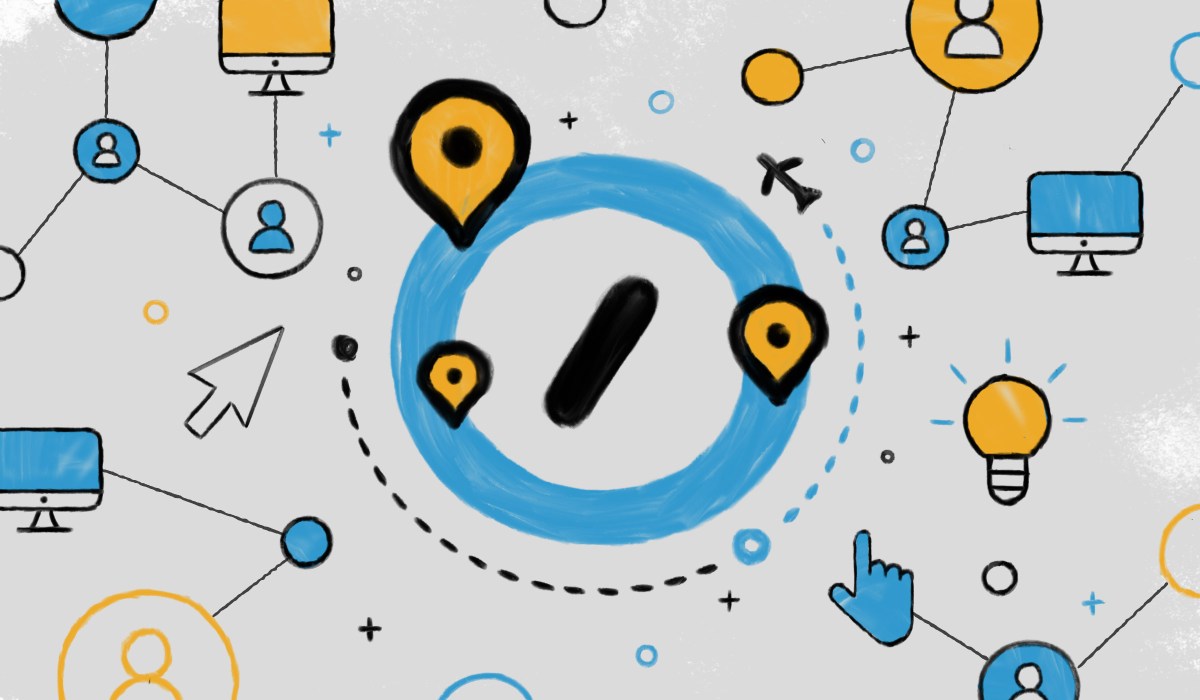
In Distributed FAQ, Matt Mullenweg addresses some of the most common issues companies, executives, and individuals face as they consider transitioning to a distributed model.
Q. How do you tackle crises and tough situations in a remote setting, when it’s impossible to gather all the relevant parties in one room?
A. The number-one priority is communication. Communicating often and transparently is key. At Automattic, we have a company-wide Slack #announcements channel that will link to a P2 blog post for additional context. We advocate for a framework of radical candor.
We’re a distributed company, but we deal with the same challenges as other companies, including security breaches, hacks, downtime, fraud, and employee issues. I believe that conversations that happen in written form can be very helpful — they’re archived, so we can refer back to them, and they facilitate learning. One person can share a written summary with their interlocutor so they come to a shared understanding.
While working distributed, you can de-escalate yourself easily. You can take a break. A micro-habit you may want to introduce is to take a mindful minute and breathe.
And one final guideline we’ve adopted over the years, after seeing it defuse tough, challenging moments: assume positive intent (lovingly dubbed API) in all communications. Take the extra moment to consider how you might have misinterpreted a colleague’s words, or how they may have misread yours.
For more on communication and chaos, listen to Matt’s conversation with Automattic’s Sonal Gupta.
